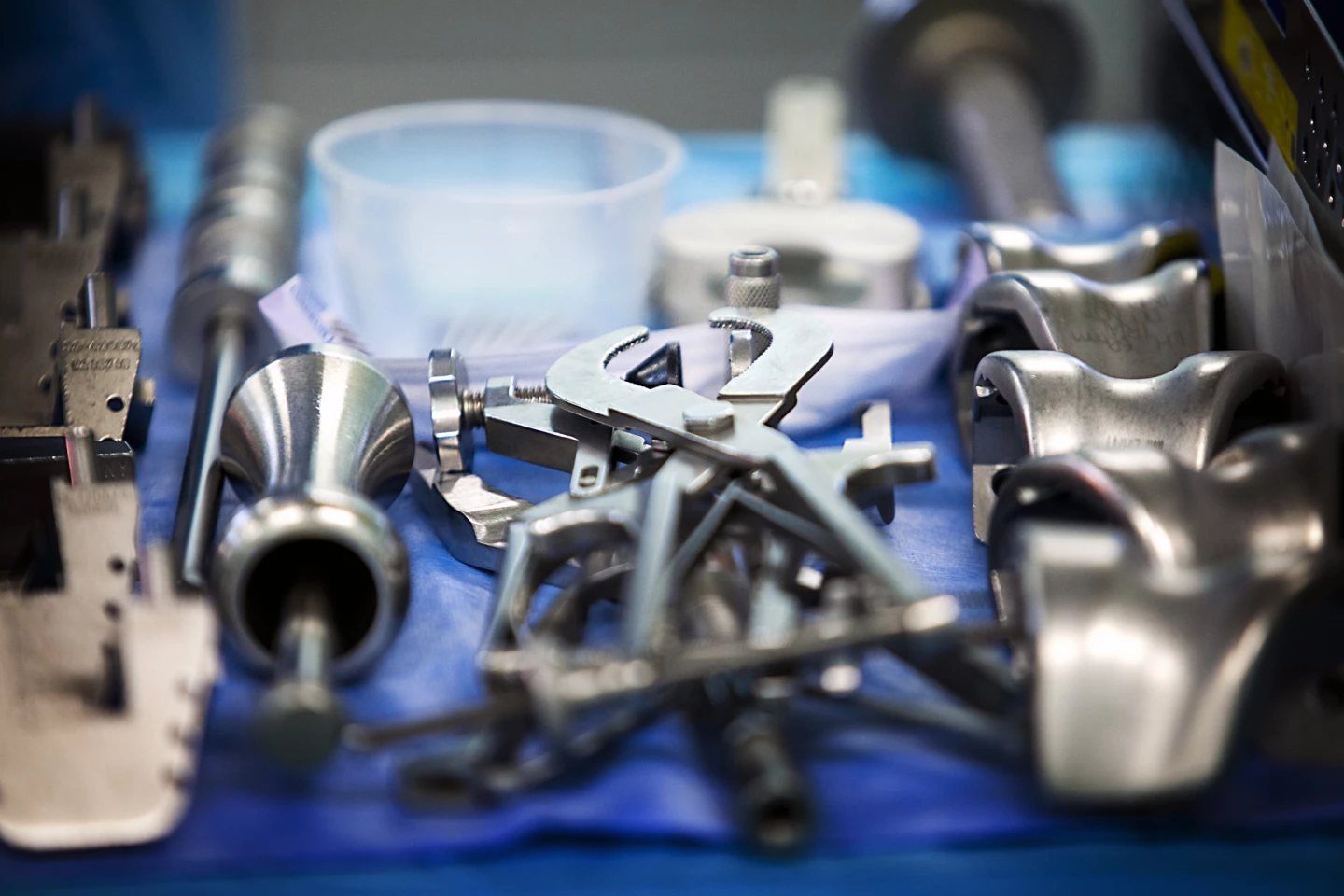 A well-known diabetes medication significantly reduced pain caused by knee osteoarthritis. Depositphotos –
A well-known diabetes medication significantly reduced pain caused by knee osteoarthritis. Depositphotos –
Knee osteoarthritis (OA) affects hundreds of millions of people worldwide and can be a challenge to treat simply because there are so few effective treatment options available. More than half of those with knee OA are overweight or obese, which places excess stress on the joint and causes inflammation, both of which contribute to disease progression.
Now, a collaboration between Monash University’s School of Public Health and Preventive Medicine, the Menzies Institute for Medical Research at the University of Tasmania, and the Department of Rheumatology at Alfred Hospital, has found that metformin, a first-line treatment for type 2 diabetes since the ’50s, can reduce knee OA-related pain in overweight people and may even delay the need for knee replacement surgery.
“GPs [general practitioners] are very familiar with metformin, which is a low-cost, safe medication,” said the study’s corresponding author, Professor Flavia Cicuttini, Head of Rheumatology at Alfred Hospital and Head of the Musculoskeletal Unit at Monash. “It could be provided to patients in addition to other treatments they use and has the potential to delay people having knee replacements before they are absolutely needed. If people on metformin have less knee pain and are able to do more physical activity, then knee replacements can wait.”
Current treatments for painful knee OA focus on symptom relief and improving joint function. In addition to pain-relieving medications like non-steroidal anti-inflammatory drugs (NSAIDs), non-surgical treatments include exercise, weight management, physical therapy, and steroid injections into the joint. Surgical treatments range from a minimally invasive arthroscopy to remove or repair damaged tissue to knee replacement surgery.

The researchers recruited 107 overweight, non-diabetic individuals over 40 who’d had knee pain for six months or more, and randomly separated them into two groups. The treatment group took up to 2,000 mg of metformin extended release tablets daily for six months; the other group was given an identical-looking placebo. The medication was started at a dose of 500 mg/day and increased to 2,000 mg/day over six weeks to reduce gastrointestinal side effects.
Participants could take acetaminophen (paracetamol) for “significant knee pain.” Participants’ pain was assessed at baseline, three and six months using a 100-mm visual analog scale (VAS), ranging from “no pain” (a score of zero) at one end to “worst pain imaginable” (a score of 100) at the other. The study’s primary outcome was a change in knee pain at six months, relative to baseline. Secondary outcomes included changes from baseline in joint stiffness and function and health-related quality of life.
After taking metformin for six months, participants reported a 31.3-point reduction in knee pain, compared to an 18.9-point drop in the placebo group. The effect size was 0.43, which is generally considered moderate. While it can’t be considered “large,” which requires an effect size of 0.8 or higher, the effect size seen here still indicates a meaningful difference between the two groups.
In addition to having less pain, those in the treatment group also reported significantly improved stiffness and function compared to the placebo group. There was no significant difference between the two groups in terms of changes to quality-of-life scores. Adverse events were reported in the metformin (30%) and placebo groups (19%), but none of them were serious. The most frequent adverse events were mild-to-moderate diarrhea and abdominal discomfort.

The researchers said that the findings suggest that … [for the balance of this very important and interesting article, please visit: https://newatlas.com/chronic-pain/knee-osteoarthritis-pain-metformin/]
–
The study was published in the journal JAMA.
Source: Monash University View gallery – 3 images
–





















